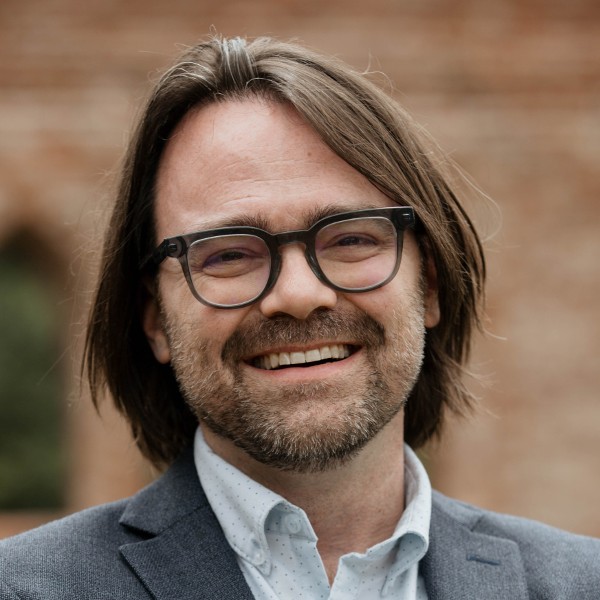Westerners often ask Bishop Paride Taban, a retired Catholic bishop from war-ravaged South Sudan, how he retains such a full sense of life.
Knowing that we Westerners tend to attempt to solve life’s problems by controlling the mundane details of our lives, he responds: “Life is a very precious gift. If you grasp it or hold on to it with all your might, you will crush it. Hold it loosely in your hands, grateful for the gift.”
Taban, quoted in the book“The Long Road to Peace: Encounters with the People of Southern Sudan,” realizes that the human soul thrives, not when it is in complete control, but when it leaves room for the Spirit. Indeed, the spiritual life depends upon mystery; the soul thrives on it.
Puzzling as mystery may be, however, some cultures have a better grasp of it than others. When I returned to the United States after living in South Sudan and Kenya for nearly three years, I was surprised how little room American culture left for the unknown.
When I planned lunch with friends in Africa, people would often say, “God willing, we will meet.” Returning to the United States, I found the rigidity of our planning overwhelming. From constantly updated traffic and weather reports to tightly knit work and social schedules, we expect to know how our days and weeks will unfold ahead of us.
Such feigned control serves only to edge the unknown to the perceived margins of our lives.
Even years later, fully adjusted to American life and living in the often-frenzied pace of the Washington Beltway, I try to slow down and appreciate the mystery around me by reminding myself of the Swahili proverb “haraka haraka haina baraka” – “hurry hurry has no blessings.”
In this cultural environment, Western Christians have to work harder to habituate ourselves to appreciate mystery. We need training in transcendence.
Consistent prayer is, of course, the primary means of appreciating the mystery of God’s presence with us. Incorporating spiritual moments into an otherwise regulated day proves one way to practice God’s presence.
Friends and parishioners in my church have come up with ingenious ways to practice prayer, rather than simply lamenting the modern world that leaves too little room for it.
Many have retooled technology to support the life of prayer. Some members of my parish pray Episcopal daily prayer services from Metrorail trains using their iPhones.
Others listen to streamed Morning Prayer services in their cars on their way to work. Another friend has programmed his phone to send him push alerts every hour or so reminding him to pray.
The same technology that distracts us can be manipulated to enhance our sense of a transcendent God abiding with us in daily life.
Another way of appreciating mystery is through music and art. These enable us to engage all the senses rather than merely the mind. Evelyn Underhill, an English spiritual writer of the early 20th century, suggests that music and art should be part of any spiritual regimen.
For music and art can train us to appreciate mystery like little else. What happens in that moment between the physical sound waves of music entering our ears and our hearts being uplifted?
What happens in that moment between light waves bouncing off the canvas of an artistic masterpiece and our spirits being filled with a sense of awe and wonderment?
Such moments depend upon our willingness to simply experience and contemplate mystery rather than control it. They train our spirits to appreciate the unknown rather than dissect it.
If, as the apostle Paul tells us, “God’s Spirit joins with our spirit” (Romans 8:16) in our discipleship, then surely we should prepare our spirits for such divine encounter.
Taban, who has survived many years of war in Sudan, is well aware that life is fragile, that mystery is vulnerable: “It may slip away from you,” he says, “but then at least you have not been the one to crush it.”
Habituating prayer and aesthetic engagement are only two ways of training ourselves for transcendence; such practices encourage us not to hold life too tightly, so that God’s Spirit can move and work in us.








